dp0609 - FEP - Universidade do Porto
dp0609 - FEP - Universidade do Porto
dp0609 - FEP - Universidade do Porto
Create successful ePaper yourself
Turn your PDF publications into a flip-book with our unique Google optimized e-Paper software.
5. Empirical results<br />
5.1. Auditing characteristics<br />
Table 3 shows the distribution of firms per auditor, a distinction being<br />
made between the so-called “Big 4” auditors and the remaining ones.<br />
It can be observed that Big 4 auditors are responsible, directly or<br />
through subsidiaries, for about 70% of the audit reports in the two-year period<br />
(2002 and 2003). Within such auditing firms, one should mention the<br />
importance of Deloitte accounting for 45.7% of the total number of audit<br />
reports, although with a share that declined from 47.8% in 2002 to 43.5% in<br />
2003. Such large share is partly due to the fact that Andersen’s activities in<br />
Portugal were merged with Deloitte’s in 2002.<br />
It should also be mentioned that (i) one of the Big 4 (KPMG) <strong>do</strong>es not<br />
show up in our sample 9 , (ii) the residual importance in the sample of Ernst &<br />
Young (it was the auditor of a single company – SAG - during the two-year<br />
period), and (iii) the remaining two Big 4 (Deloitte and<br />
PricewaterhouseCoopers) were responsible for more than two thirds of the<br />
total number of observations, i.e., 63 auditing reports out of a maximum<br />
possible total of 92.<br />
Among the non-Big 4, two of these are subsidiaries of international<br />
firms - BDO and Grant Thornton — and are responsible for 4 and 3 audits,<br />
respectively, a larger sample presence than two of the Big 4 (Ernst & Young<br />
and KPMG).<br />
In Table 4 we record the distribution of audit opinions according to<br />
whether these are “clean” or “modified” and by auditor type (Big 4 or not). One<br />
can observe that the number of firms that received modified opinions was the<br />
same in each of the two years (24 firms), but the modified opinions were<br />
redistributed during the two-year period as in 2003 the non-Big 4 increased<br />
the number of modifications (in 3 cases) at the same time that the Big 4<br />
reduced theirs by the same number. The number of clean opinions (22) was<br />
9 In an information report filed to CMVM in September 17, 2004, the board of EDP-<br />
Electricidade de Portugal, announced that it had agreed with KPMG Portugal, from October<br />
2004 onwards, the provision of external auditing services.<br />
20


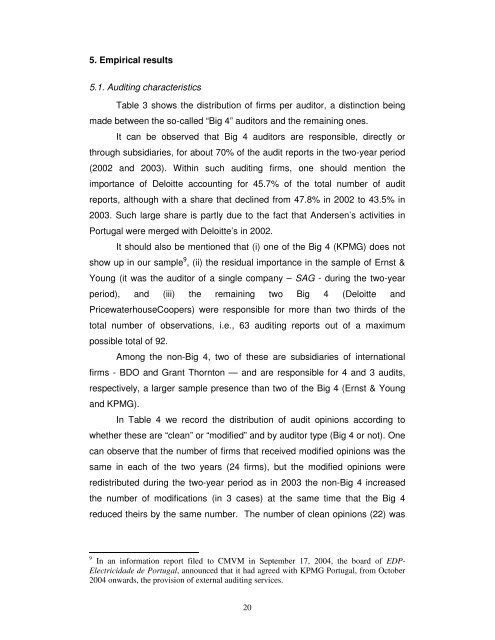

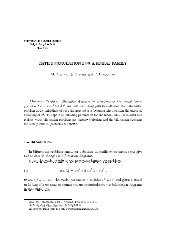
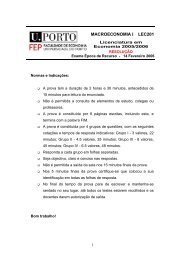
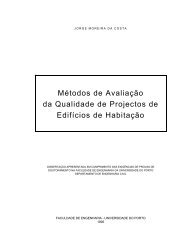
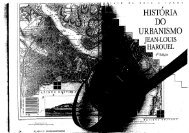
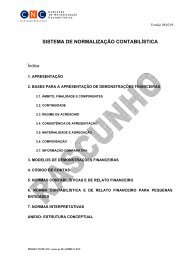
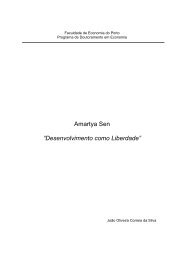
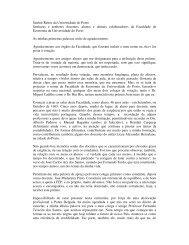
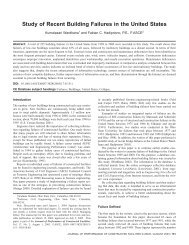
![Republica [Popular] de Moçambique. As Alterações Toponímicas e ...](https://img.yumpu.com/20789614/1/184x260/republica-popular-de-mocambique-as-alteracoes-toponimicas-e-.jpg?quality=85)




